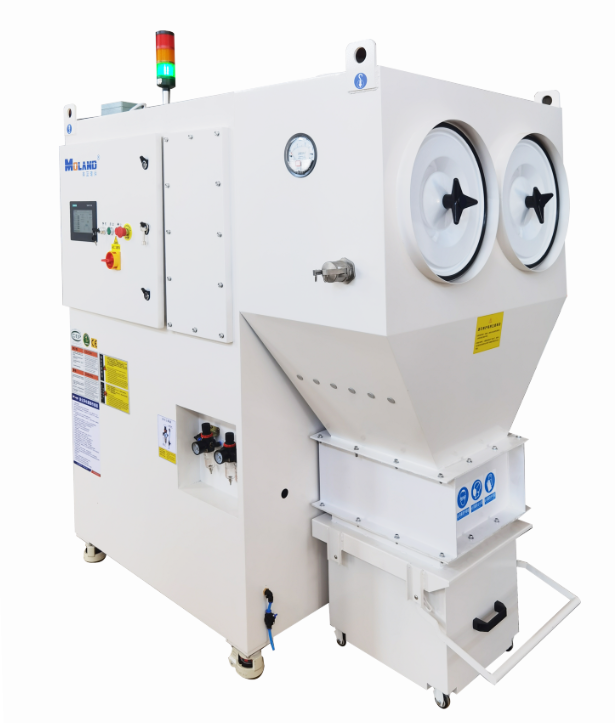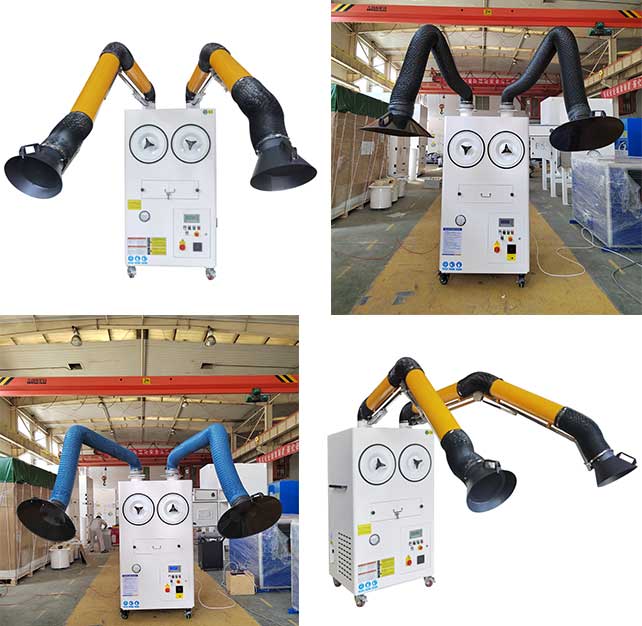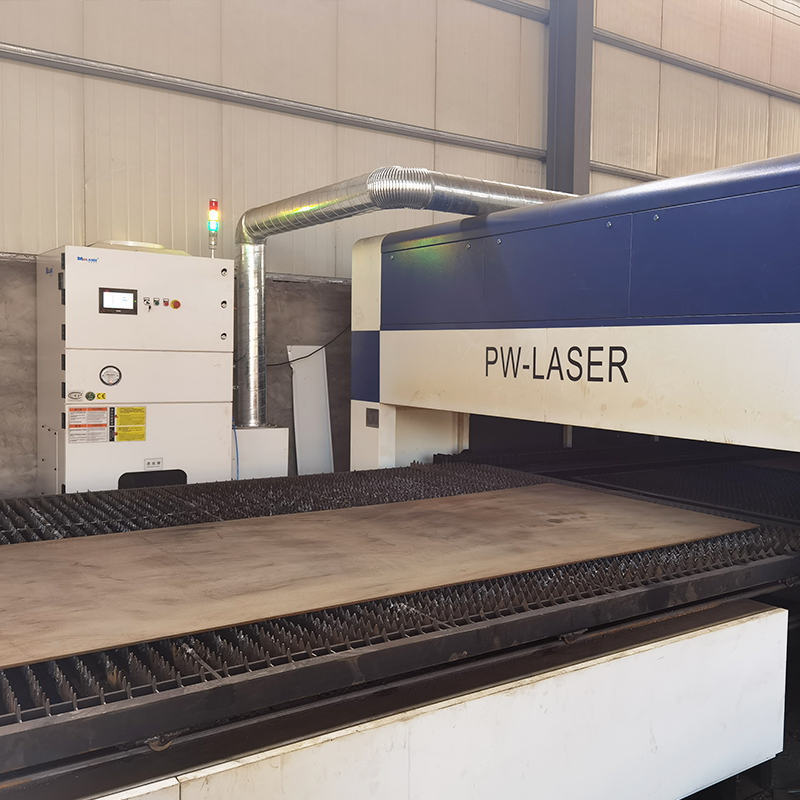
Privacy statement: Your privacy is very important to Us. Our company promises not to disclose your personal information to any external company with out your explicit permission.
Industrial dust collection
Dust removal is to introduce dust-containing gas into a Dust Collector with one or several forces, causing the particles to move to a certain extent relative to the carrier air flow, separate them from the air flow, and finally settle on the surface of the collector. Dust removal is usually related to environmental protection and is often used to capture and remove particulate matter from coal-fired boiler flue gas, cement kiln exhaust gas, steel smelting flue dust, loading and unloading and crushing processes.

Industrial dust collection method includes gravity dust collection, inertrial dust collection, centrifugal force dust collection, wet dust removal, electrostatic precipitation, filtration and dust removal,etc.

Moland provides Cartridge Filter Industrial Dust Collectors.
Cartridge filter Industrial Dust Collectors are specialized equippments designed to capture and remove dust particles from the air within an industrial setting. It consists of a series of filter cartridges that are arranged in a compact housing. As the contaminated air passes through the collector, the dust particles are trapped by the filter cartridges, allowing clean air to be released back into the environment.
One of the key advantages of using a cartridge filter Industrial Dust Collector is its high efficiency in dust removal. The filter cartridges are made of high-quality materials that are capable of capturing even the smallest dust particles. This ensures that the air released from the collector is free from harmful contaminants, providing a safe and healthy working environment for employees.
Another benefit of cartridge filter Industrial Dust Collectors is their compact design. Unlike traditional baghouse dust collectors, which require a large amount of space, cartridge filter collectors can be installed in smaller areas. This not only saves valuable floor space but also allows for easier integration into existing production facilities.
Maintenance and operation of cartridge filter Industrial Dust Collectors are also relatively simple. The filter cartridges can be easily replaced when they become clogged with dust, ensuring continuous and efficient dust removal. Additionally, these collectors are equipped with automatic cleaning mechanisms, such as pulse-jet cleaning systems, which help to extend the lifespan of the filter cartridges and minimize downtime.


LET'S GET IN TOUCH

Privacy statement: Your privacy is very important to Us. Our company promises not to disclose your personal information to any external company with out your explicit permission.

Fill in more information so that we can get in touch with you faster
Privacy statement: Your privacy is very important to Us. Our company promises not to disclose your personal information to any external company with out your explicit permission.